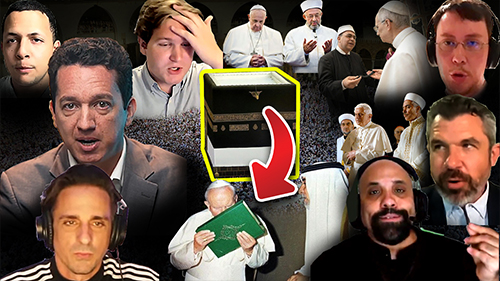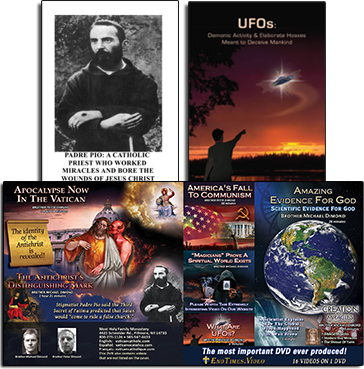Spirituality
St. Francis Xavier, Jan. 1548: “There is here a race of men, enemies to Christianity, called Javars. They believe that to kill any man they can get hold of is a sort of immortal life… These Javars make a great slaughter of the Christians. One of the islands is almost continually, throughout its length and breadth, shaken by earthquakes, and it sends up flames and ashes. The natives say that the violence of the subterranean fire is so great, that the strata of rocks on which a certain town is built are all on fire… it often happens that large redhot stones, as big as the largest trees, are hurled into the air… They asked me what it all meant. I told them this place [the subterranean fire] was the abode of Hell, into which all would be cast who worshipped idols. How severe the earthquakes are, you may judge from this – when I was saying Mass on the feast of the Archangel St. Michael, the earth was so violently shaken that I was in great fear the altar itself would be upset. Perhaps St. Michael, by his heavenly power, was driving into the depths of Hell all the wicked spirits of the country who were opposing the worship of the true God.”
Doctrine
Pope Leo XIII (1890): “… he scatters… who gathers not with the Church and with Jesus Christ, and all who do not fight jointly with Him and with the Church are in very truth contending against God.” (Sapientiae Christianae #17, Jan. 10)










 " />
" /> " />
" /> " />
" /> " />
" /> " />
" />





